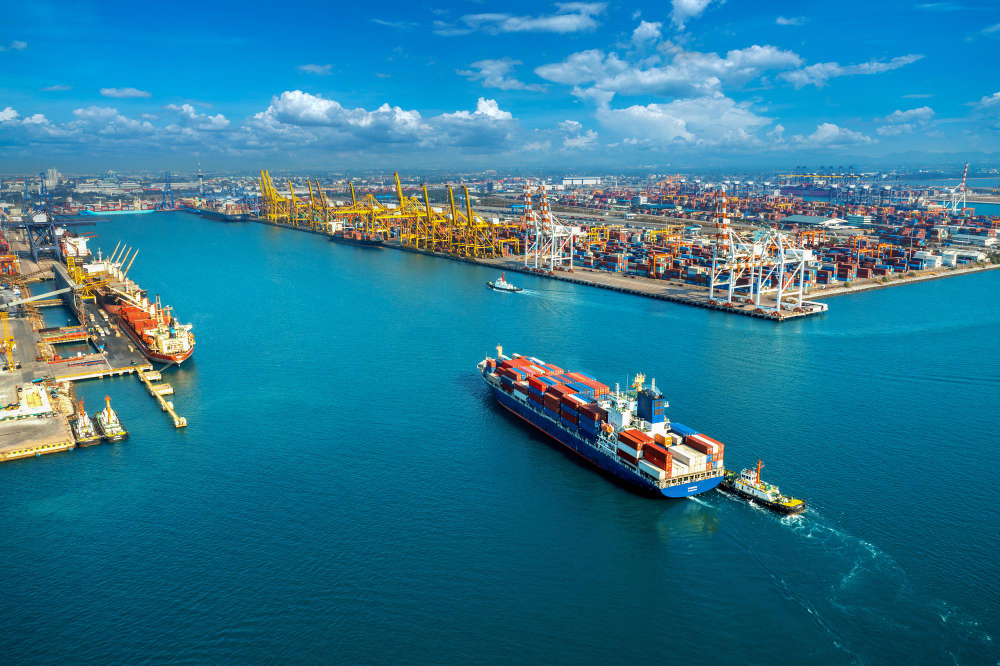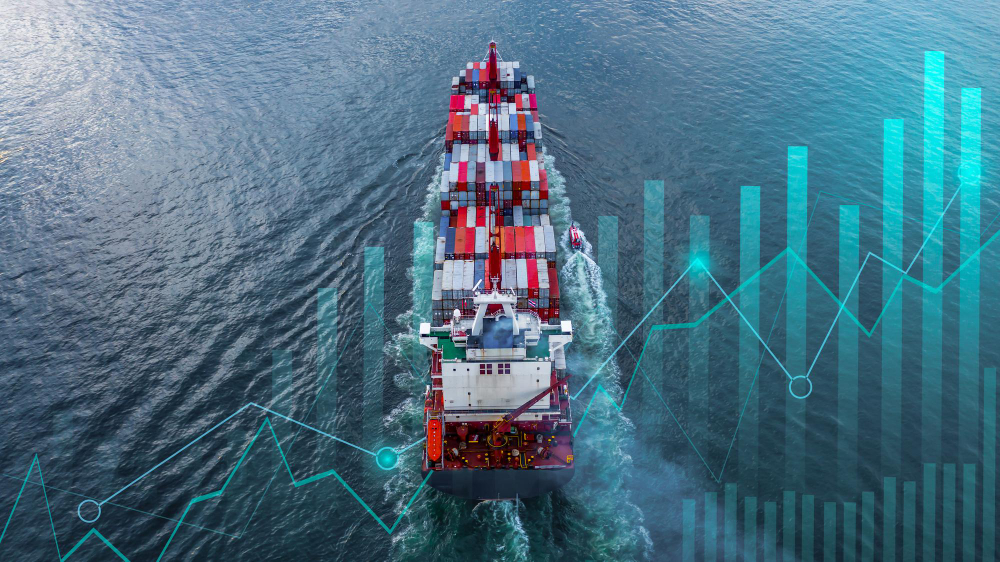03 November 2023
Insights
COASTAL SHIP OWNING IN INDIA - PRESENT AND FUTURE
INDIAN COASTAL SHIPS
Presently we have a total of about 1530 ships registered under the Indian Flag. About 1000 ships are coastal ships, a dismal number & major chunk are non-trading ships. In developed Maritime countries, the number of coastal ships is pretty large. China for example boasts an impressive 30000 plus coastal ships.
India as a maritime country with a large coastline, needs to add thousands of Indian Coastal ships, to meet the growing demand.
DOMESTIC SEABORNE TRADE
The modal mix of freight traffic in India is highly skewed, 71% is by Road, 17.5% by Rail, 5.5% by Air & Pipelines. Domestic sea transport contributes only 6% of the modal mix. With projected growth in GDP, there will be more burden on roads if we continue in this manner. Roads cannot grow beyond limits adding woes to already congested roads and requires enormous infrastructure.
In developed maritime states, domestic transport by sea contributes about 15 to 30% of modal mix. India aims to enhance coastal waterways modal mix. Movement of cargo by sea is natural infrastructure for sea legs and efforts are needed only to ensure seamless transition for first mile & last mile connectivity.

CARGO POTENTIAL FOR DOMESTIC SEABORNE TRADE
Potential Cargo for coastal movement is available but the domestic cargo shipped by sea is scant due to lack of right size and type of ships; also domestic cruise Industry has not developed to its full potential. To some extent, non-trading ships capacity building is in place for essential services such as harbour, offshore operations, dredgers and bunker supplies. Trading ships are definitely inadequate & limited to MBCs (Mini Bulk Carriers), towing tugs with dumb cargo barges & some feeder vessels. Movement of bulk cargo on the coast is restricted to few major shipping companies only.
Coastal movement of Passengers and Transportation of goods is substantial in developed maritime countries with proper infrastructure in view of supportive eco system and focus has been in place over decades. To stimulate Indian coastal ships for modal transport and building cruise Industry, several initiatives and reforms are required simultaneously with urgency. To some extent even more non-trading ships such as harbour tugs and dredgers will be required to support increased port capacity & EXIM trade calls.
TIME BARRED TRADING LICENSE
The recent Order issued by D.G. Shipping restricting the trading age of Indian vessels irrespective of their actual technical condition and compliance status will further hamper the modal shift and reduce the size of the Indian fleet. ICCSA has taken up this matter and the administration has decided to appoint an independent Agency to review the said order.
CABOTAGE & CAPACITY BUILDING
Absolute Cabotage rules do not exist in India, viz. nominated domestic cargo on Indian coast to be moved only by Indian Coastal ships. Presently there exists Right of first refusal (RoFR) for Indian flagged vessels and in the absence of available ships, foreign ships can be employed for coastal movement. Lack of absolute Cabotage and non-creation of assured Cargo on long term basis has resulted in lack of investment in this sector.
Many developed countries such as USA has absolute Cabotage rules for the protection of National Flag state vessels, which ensures that tonnage under the flag also continues to grow as the domestic trade grows, national flag ships carry out supply & evacuation to smaller ports in Hub & Spoke Model. India will need to build capacity and robust national policy is needed for dedicated domestic cargo by sea.

SHIP FINANCING IN INDIA
SARFAESI ACT 2002 (Securitization and Reconstruction of Financial Assets and Enforcement of Security Interest Act 2002) Clause 31 d) states that Provisions of this Act does not apply to “Creation of security interest in any vessel as defined in of the Merchant Shipping Act 1958”. Due to this exemption, banks cannot securitize vessels registered under MS Act and therefore ask for collateral security.
Removal of this exemption will enable banks to exercise their right of enforcement of Security Interest and may stop the need for additional security. In many countries, banks give the loan against mortgaging the vessel and without taking collateral.
LACK OF NEW AND MODERN VESSELS ON INDIAN COAST
Even though there is enough cargo, implementable solutions are required to identify required ships for domestic cargo to be moved by sea on Indian coast. Ship Owners can order building ships with Indian yards provided once long term contract for 7-10 years can be undertaken at reasonable freight rate with safe guard for force majeure.
For influx of new, modern ships with green fuels, Govt. can create mechanisms and subsidies. Govt. may provide viability gap funding for such ships built in India. The fuel used on coastal vessels should be brought under GST regime. Once ship building order is placed, owner to be allowed to charter foreign ship for trade not to suffer as interim arrangement. In long term, this will bring more ships under Indian flag built in Indian ship yards.
Over the years, the ICC Shipping Association has played the leading and pro-active role as advisory and in shaping the policies of the government of India with regard to the development of domestic sea-borne trade and regulatory framework.
www.iccsa.in